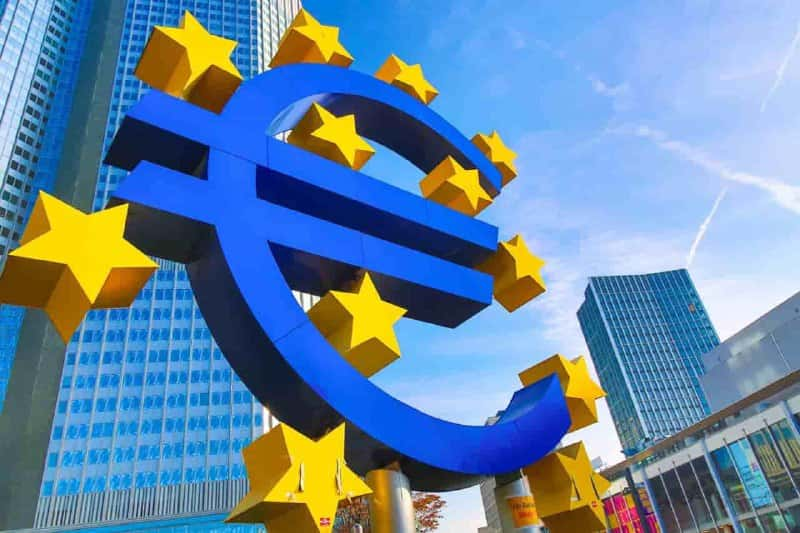In the rapidly evolving world of finance and technology, the European Union is making significant strides toward a digital future. With the recent enactment of the GENIUS Act in the United States, which introduces a robust regulatory framework for stablecoins, the EU is feeling the urgency to enhance its digital financial landscape. The GENIUS Act has positioned the U.S. as a leader in stablecoin regulation, prompting the EU to accelerate its digital euro initiatives. This strategic move aims not only to bolster the euro’s role in global payments but also to counter any potential dominance of dollar-backed stablecoins in the market. Let’s delve into the EU’s digital euro journey and its implications for the global financial ecosystem.
Exploring the Future of the Digital Euro: Opportunities and Challenges
Over recent years, the European Central Bank (ECB) has been at the forefront of discussions surrounding the introduction of a digital euro. Initially proposed in October 2021, this initiative aimed to create a digital currency operating on a fully private ledger. However, recent developments have led EU officials to re-evaluate this approach, considering the potential benefits and challenges of utilizing public blockchains such as Ethereum and Solana for the digital euro.
Potential Integration with Public Blockchains
The concept of issuing the digital euro on public blockchains like Ethereum or Solana presents compelling advantages. Leveraging public networks could enhance the currency’s utility in cross-border transactions, facilitating faster and more efficient payments. Additionally, the transparency inherent in blockchain technology could foster greater trust and security in digital transactions.
Despite these potential benefits, there are significant concerns regarding privacy and security. Public blockchains inherently record all transactions on transparent ledgers, raising questions about the protection of user data and financial privacy. Balancing the openness of blockchain technology with the need for privacy will be crucial in the EU’s decision-making process.
The Debate Over Privacy and Control
The discussion around a digital euro reflects broader questions about privacy and control within digital currencies. A completely private system, controlled by the ECB, would resemble the approach taken by China with its digital yuan, emphasizing centralization and control. Alternatively, adopting a more open digital currency system would align with the EU’s commitment to open-market principles, promoting competition and innovation within the financial sector.
Implications for Europe’s Digital Payment Landscape
The outcome of this debate will have significant implications for Europe’s standing in the global digital payment landscape. A well-implemented digital euro could enhance the region’s competitiveness, providing an alternative to existing digital and fiat currencies. However, the decision must carefully consider the balance between innovation, privacy, and regulatory control to ensure a sustainable and secure digital financial ecosystem.
FAQs: Navigating the Digital Euro
What is driving the EU’s push for a digital euro?
The EU’s motivation for developing a digital euro stems from the need to enhance the euro’s role in global payments and counter the rise of dollar-backed stablecoins, following the U.S.’s GENIUS Act. This strategic move aims to secure Europe’s position in the evolving digital financial landscape.
Could a digital euro on a public blockchain affect privacy?
Yes, using public blockchains like Ethereum or Solana for the digital euro could pose privacy concerns, as transactions would be recorded on transparent ledgers. Identifying a balance between transparency and privacy is essential in the EU’s digital euro strategy.
How might a digital euro impact traditional banking systems?
A digital euro could significantly alter traditional banking operations, driving a shift toward digital transactions and potentially reducing reliance on physical cash. Banks may need to adapt by integrating more digital services and infrastructure to remain competitive in this evolving landscape.
The journey toward a digital euro represents a complex but exciting phase in the EU’s financial evolution. By carefully navigating the challenges and opportunities presented by this digital transformation, the EU can strengthen its global financial influence and ensure a robust and secure economic future.

